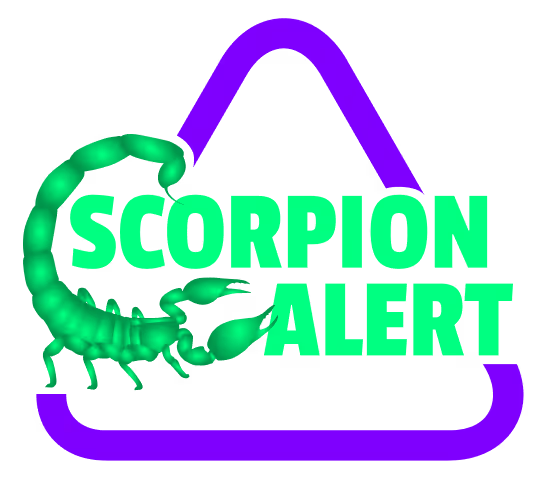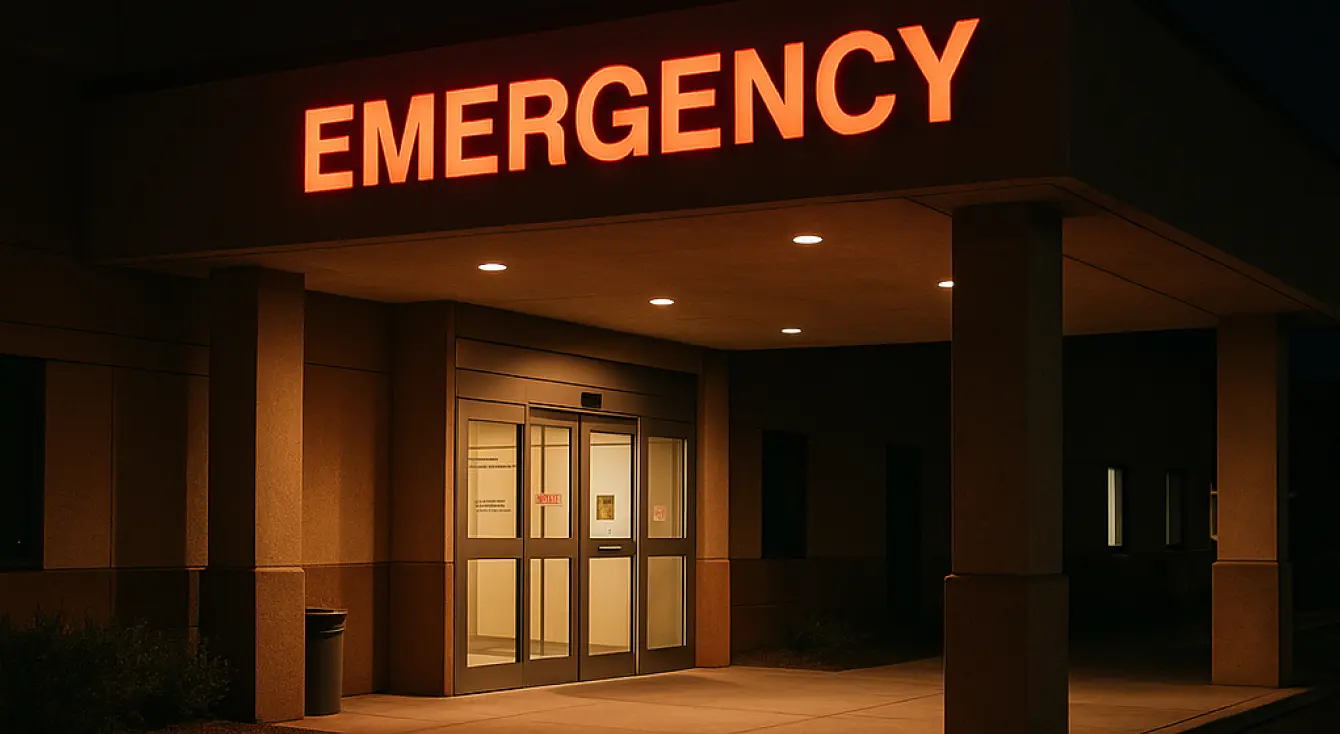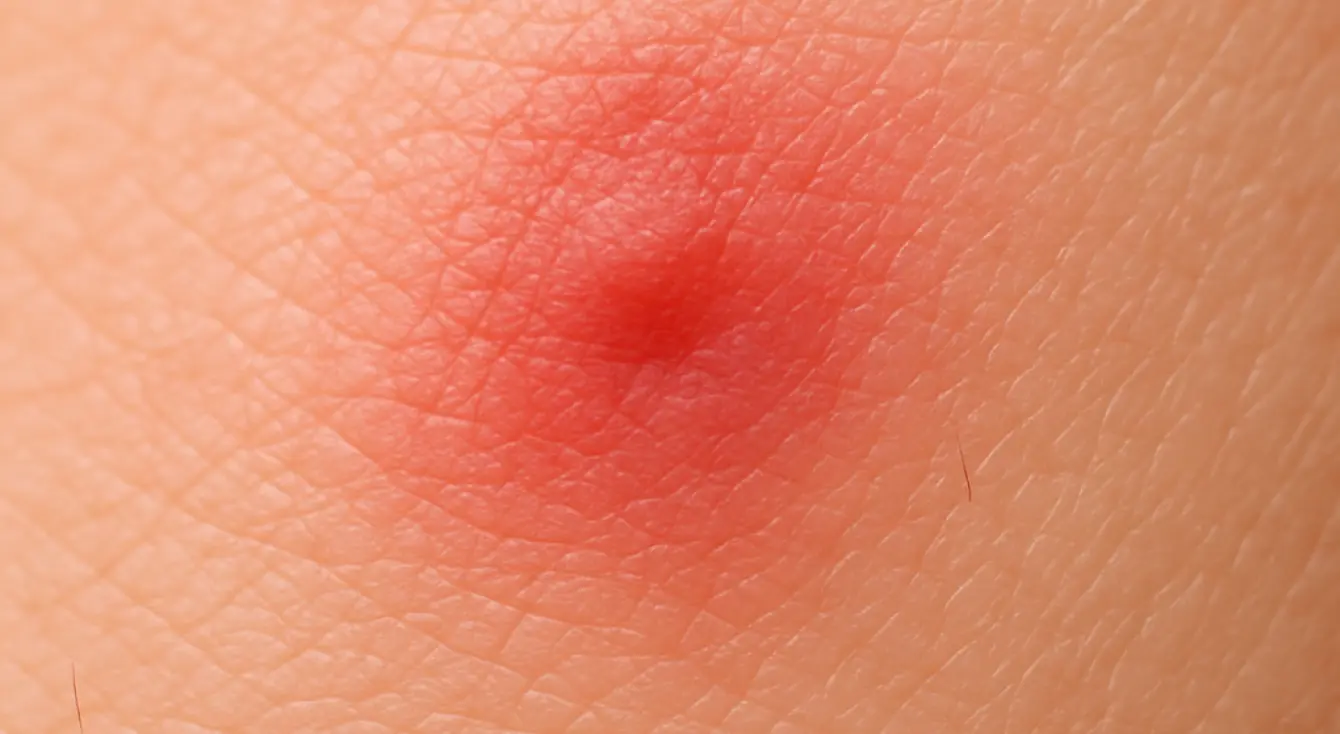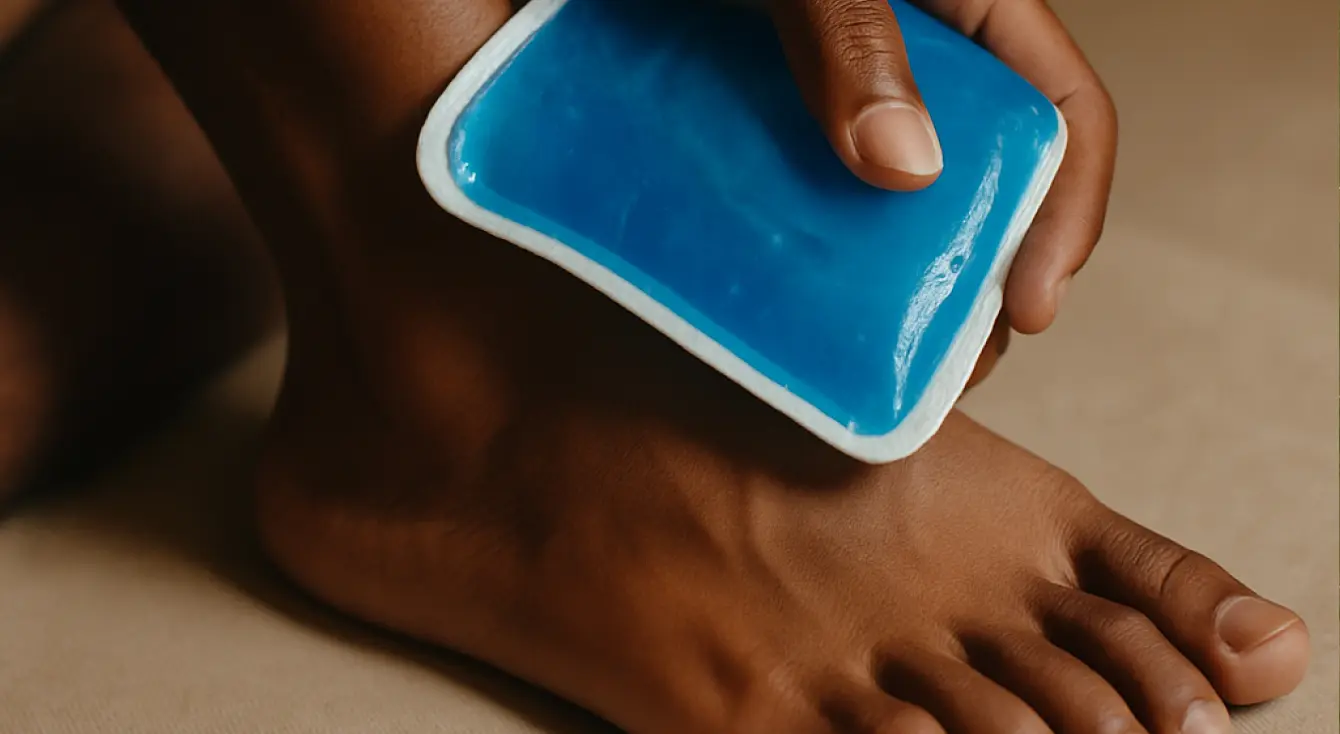Not All Stings Are Equal—Here’s What to Watch For
Living in the Southwest, especially in places like Phoenix, Las Vegas, or El Paso, means the occasional scorpion sighting is just part of life. And while most stings from U.S. scorpions aren’t life-threatening, the Arizona bark scorpion is a notable exception. If you or someone in your home gets stung, it’s important to know when you can monitor it at home—and when to drop everything and head to the ER.
ER-Worthy Symptoms After a Scorpion Sting
If you notice any of these symptoms, don’t wait it out:
For Children
Children are at the highest risk from scorpion venom. Take them to the ER if they show:
- Uncontrolled jerking or twitching
- Trouble swallowing or excessive drooling
- Slurred speech or inability to talk
- Sweating without exertion
- Vomiting or extreme agitation
Even if symptoms seem to calm down, complications can escalate quickly in children. When in doubt—go.
For Adults
Adults can usually tolerate a bark scorpion sting, but go to the ER immediately if you experience:
- Difficulty breathing
- Muscle twitching or spasms
- Unusual eye movements
- Numbness spreading beyond the sting site
- Chest pain or irregular heartbeat
Special Considerations
Pregnant Women
While most pregnant women recover well from stings, venom reactions could lead to dehydration, contractions, or reduced fetal oxygen. If you’re pregnant and get stung—especially in the second or third trimester—head to the ER or at least call your OB right away.
Older Adults & People with Health Conditions
Anyone with heart conditions, asthma, or a weakened immune system should treat a sting seriously. Scorpion venom affects the nervous system, and underlying issues can make things worse.
What to Expect at the ER
If symptoms are serious, you may be given Anascorp, the FDA-approved antivenom for Arizona bark scorpions. It’s usually reserved for moderate to severe cases and works fast to neutralize the venom. Many patients recover fully within hours of receiving it.
For milder symptoms, ER staff may monitor your vitals, provide pain relief, and keep you under observation until symptoms subside.
When You Can Treat at Home
If the only symptoms are mild tingling, localized swelling, or pain at the sting site—and the person stung is a healthy adult—you can:
- Wash the area with soap and water
- Apply a cool compress
- Take over-the-counter pain relievers like ibuprofen or acetaminophen
Keep a close eye out for any changes over the next several hours. If symptoms escalate, don’t wait—get to the ER.
Final Thought
In the desert Southwest, scorpion stings are a real part of life—but knowing when to take them seriously can make all the difference. When you catch stings early and respond fast, especially in vulnerable people, outcomes are almost always good.
For even more peace of mind, our plug-in Scorpion Detectors scan your floors with UV light and a smart camera while you sleep—so you’ll know about a scorpion before you step on it.






